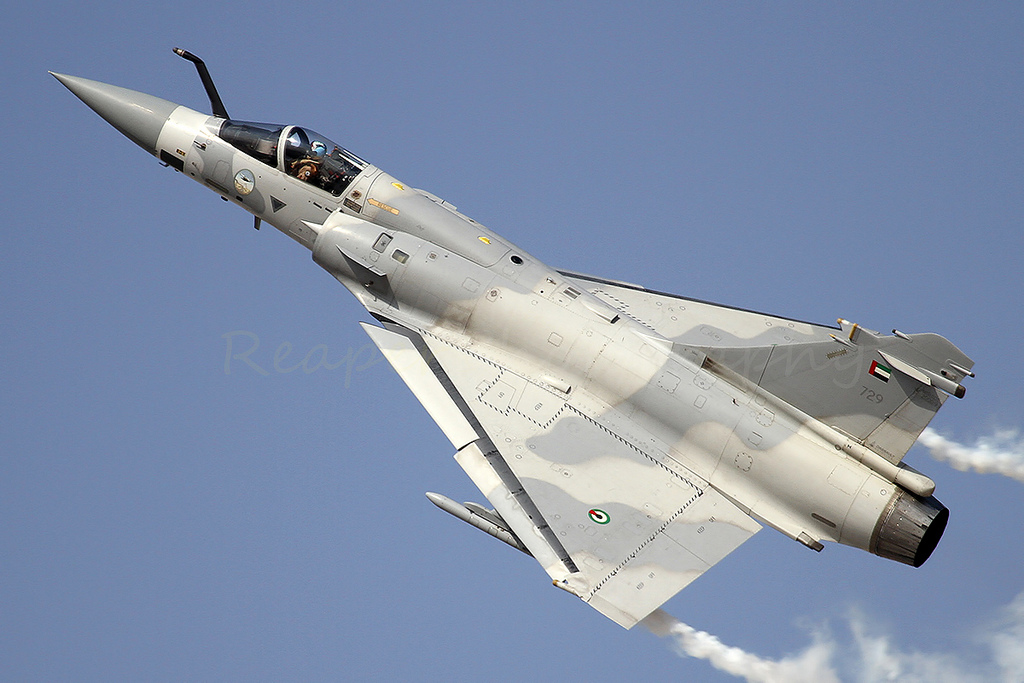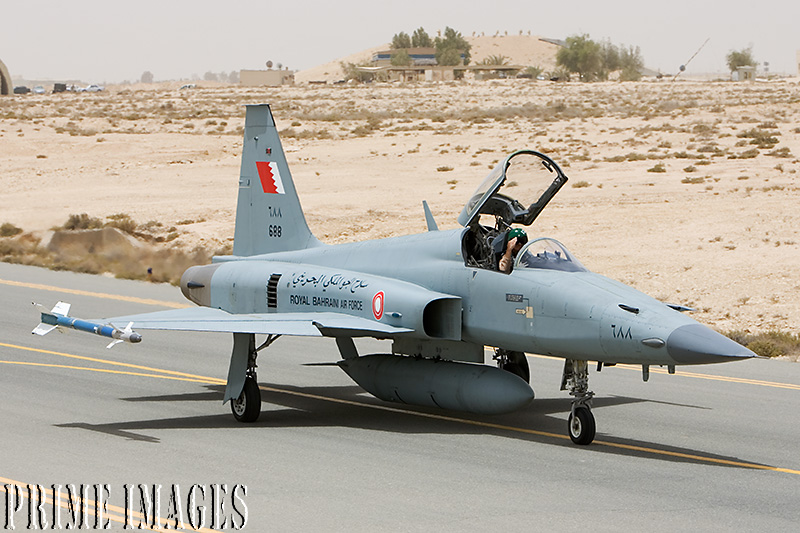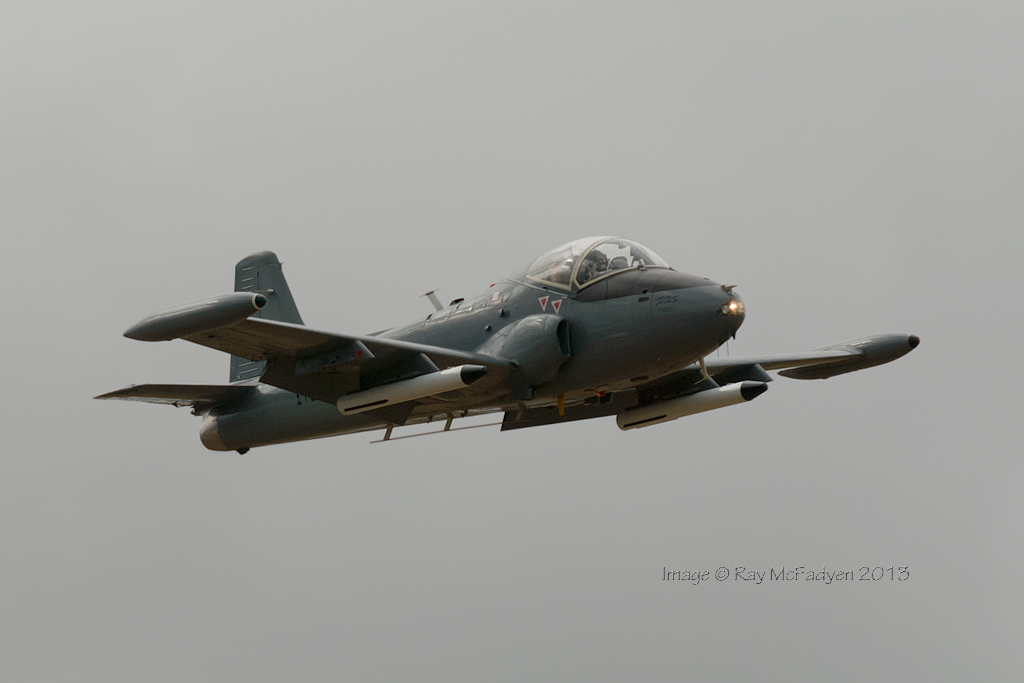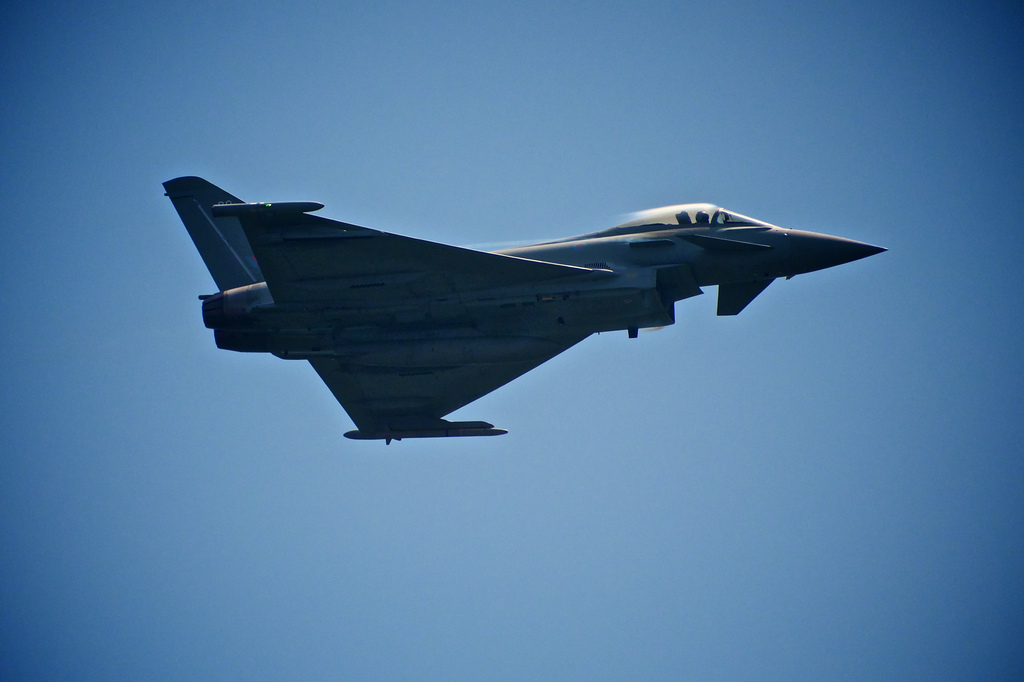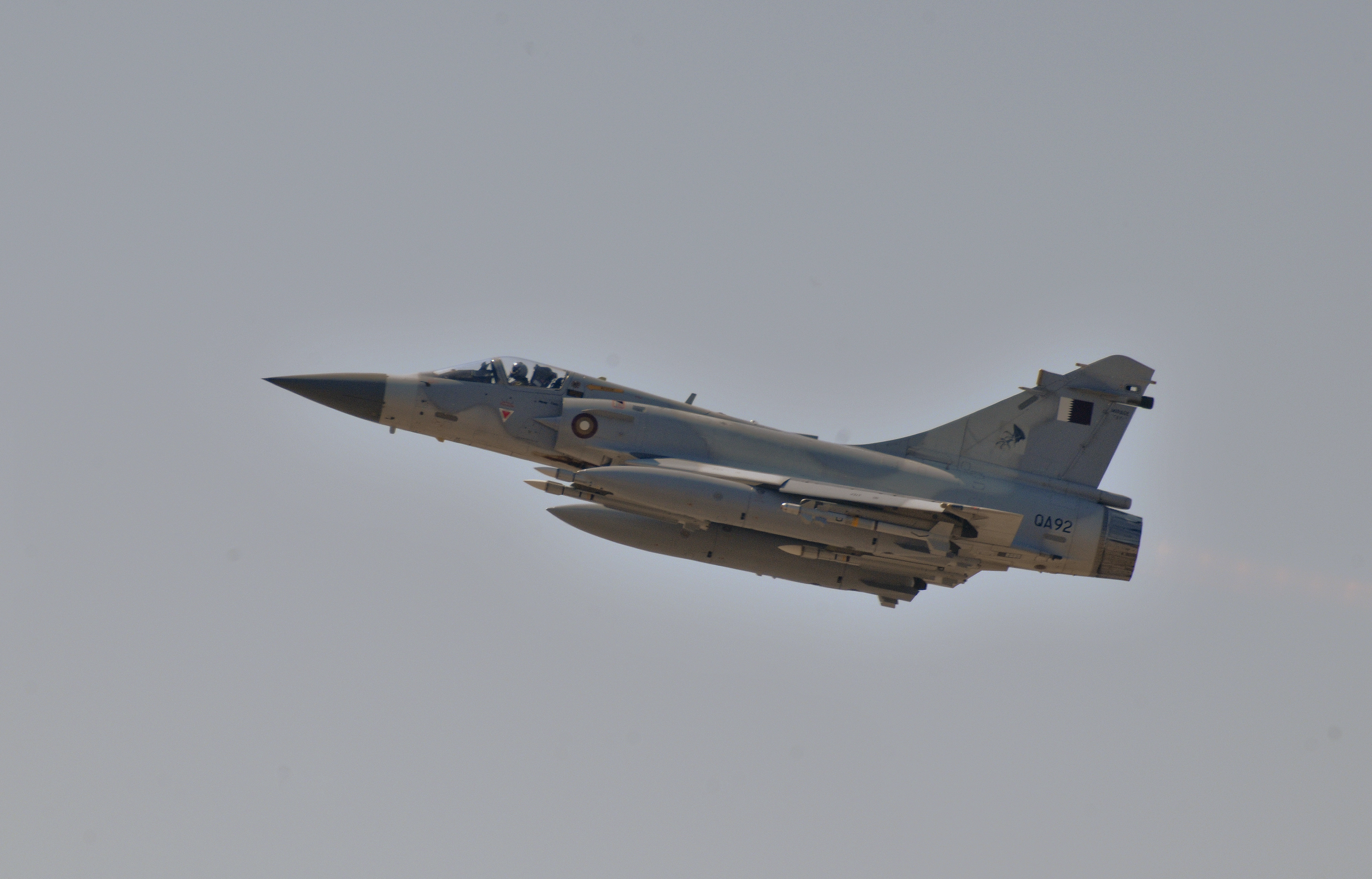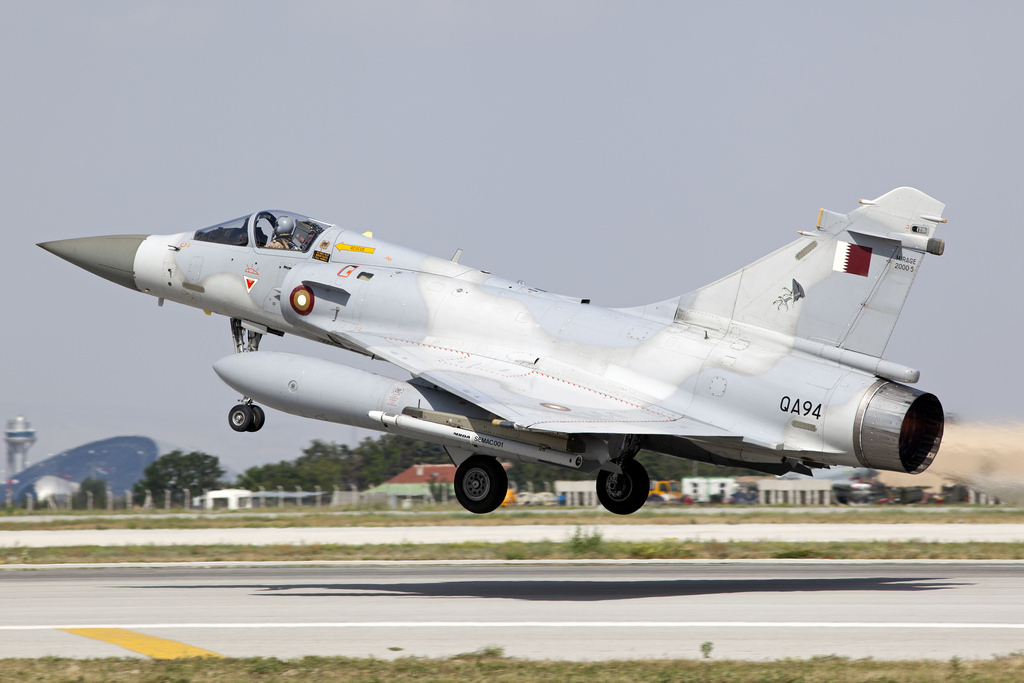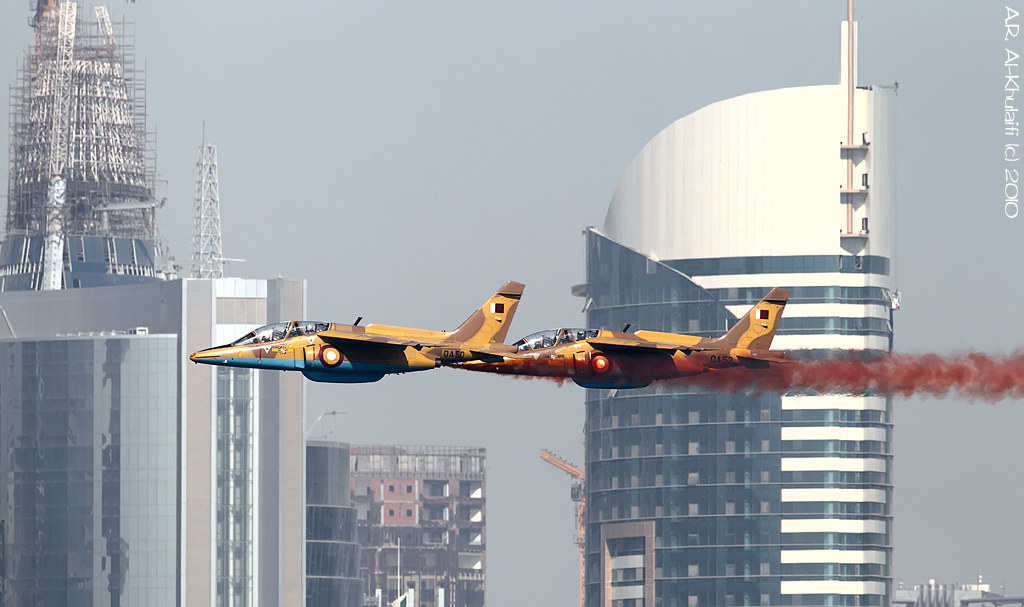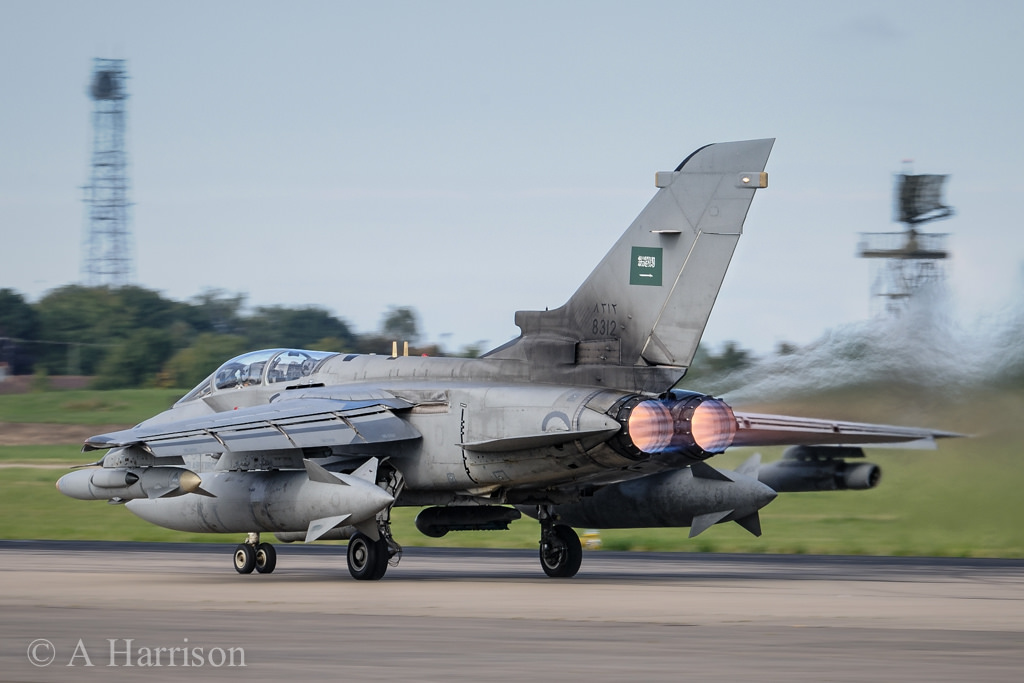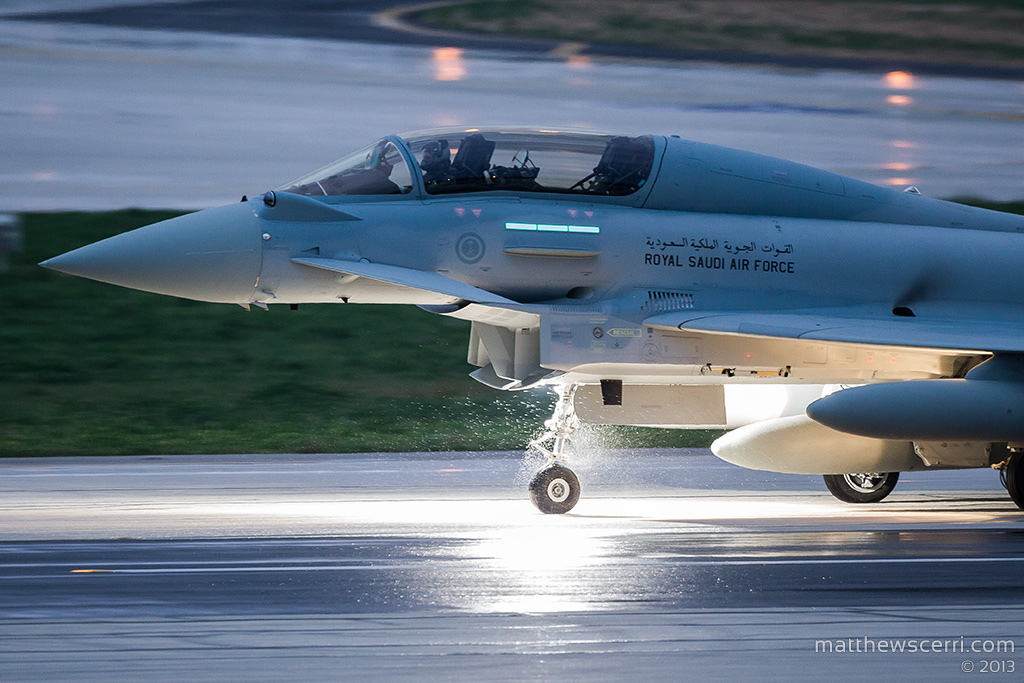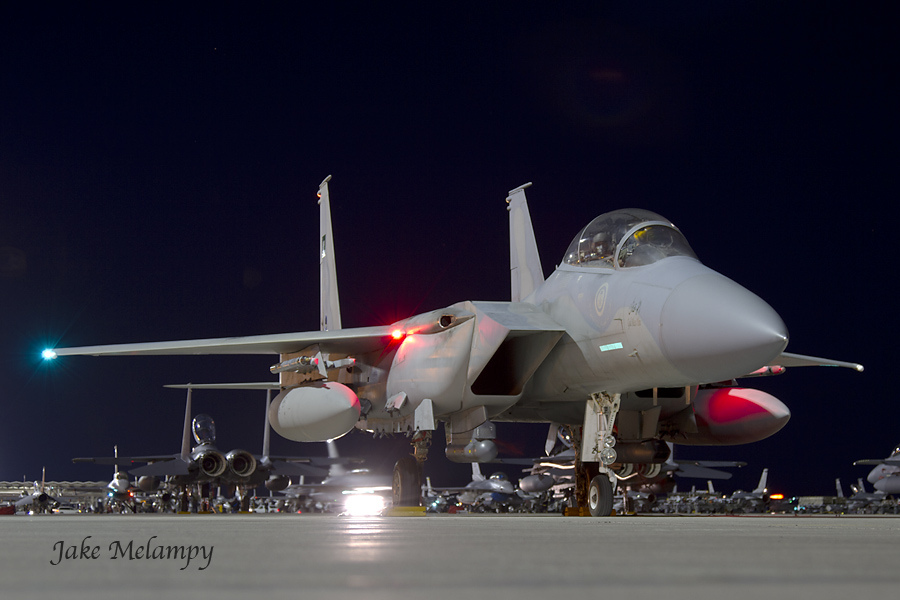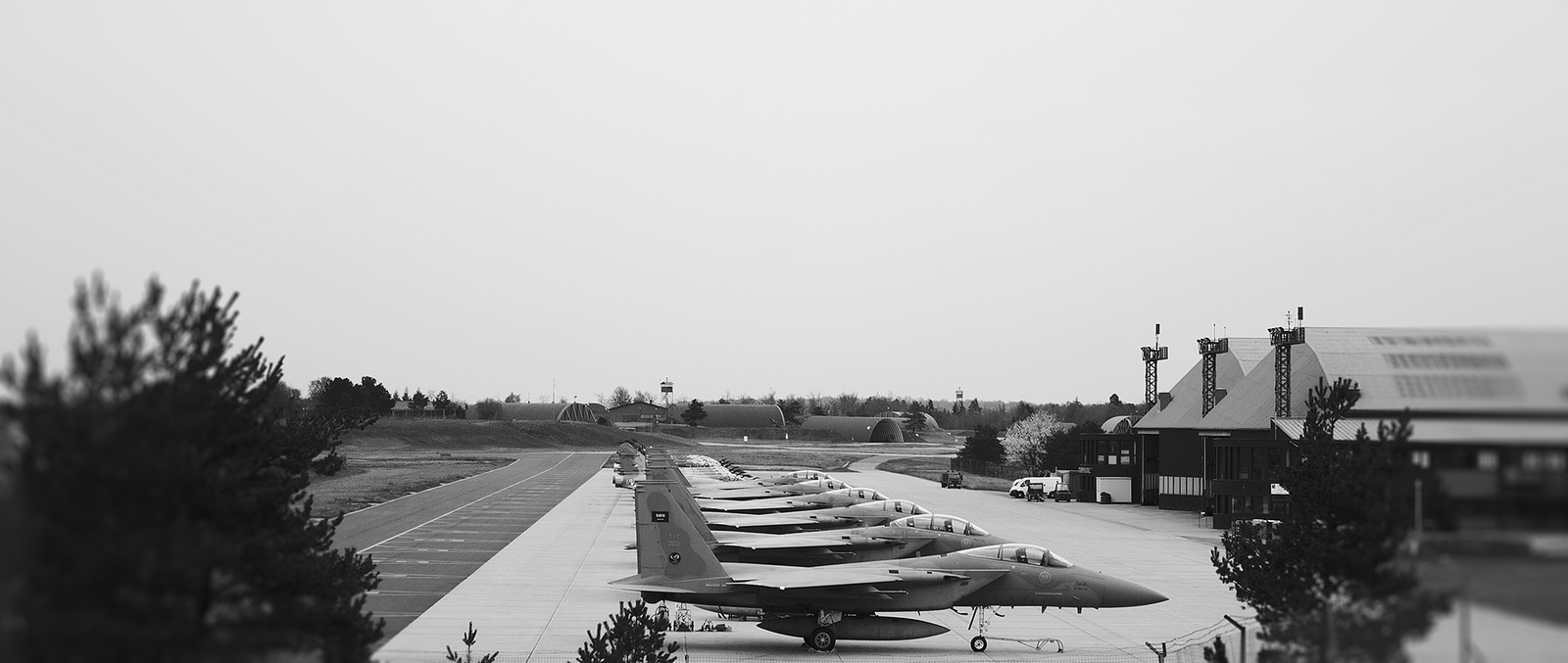
Gulf states launch joint command to counter Isis and Iran
Bahrain’s foreign minister says Gulf states are launching a joint military command based in Saudi Arabia to counter threats from militant jihadis and Shia Iran.
Sheikh Khalid al-Khalifa said the joint command force, which analysts say will eventually have several hundred thousand soldiers under its control, would begin military operations after a Gulf Co-operation Council summit due to take place later this month in Qatar.
The new command is to focus on defensive operations and will co-ordinate with the GCC’s naval command based in Bahrain and its air command in Saudi Arabia.
The new command is to focus on defensive operations and will co-ordinate with the GCC’s naval command based in Bahrain and its air command in Saudi Arabia.
The establishment of the new joint command comes amid alarm in the Gulf states over the rise of the Islamic State of Iraq and the Levant (Isis), which has not only taken over parts of Iraq and Syria but has supporters among Gulf populations.
“Look at the fragmentation in Iraq and the abominable situation in Syria,” Sheikh Khalid told the Financial Times in an interview. “If Afghanistan was a primary school for terrorists, then Syria and Iraq are a university for them – these are serious threats and lots of people from our country have gone and joined them.”
Bahrain, a member of the US-led coalition against Isis in Iraq and Syria, believes around 25 of its nationals have joined Isis. Of even greater concern, said Sheikh Khalid, are Isis sympathisers at home in Bahrain and elsewhere in the Gulf.
An attack that killed seven Shia worshippers in Saudi Arabia in November was linked by Riyadh to Isis affiliates operating in the Kingdom. Saudi security services said the attackers had been linked to a network of 77 people, highlighting fears of Isis spillover.
The Bahraini government is also arresting Isis sympathisers and clamping down on terrorist funding, said Sheikh Khalid.
“If Afghanistan was a primary school for terrorists, then Syria and Iraq are a university for them
- Sheikh Khalid al-Khalifa, Foreign Minister of Bahrain
Tweet this quote
Dr Theodore Karasik, Senior Advisor to Risk Insurance Management in Dubai, said the GCC is trying to establish a “robust, interoperable joint operations force” focusing on defensive operations.
- Sheikh Khalid al-Khalifa, Foreign Minister of Bahrain
Tweet this quote
Dr Theodore Karasik, Senior Advisor to Risk Insurance Management in Dubai, said the GCC is trying to establish a “robust, interoperable joint operations force” focusing on defensive operations.
“The force is to be several hundred thousand strong with Saudi Arabia contributing at least 100,000 personnel,” he said. Components of the joint force may be used in special offensive operations against “nimble extremists forces,” he added.
Sheikh Khalid, a member of the Bahraini royal family, said the new military body, first mooted two years ago, would start “working from now” to co-ordinate against what he said was a growing threat from Iran and unrest in Yemen.
Bahrain – whose Shia majority in 2011 led to large-scale pro-democracy protests that were brutally quelled by the Sunni-led government – charges Tehran with interference in what is says are proxy terrorist groups. Sheikh Khalid said a “good” agreement with Iran over its nuclear programme would be welcomed but sanctions should remain in place if the country did not change its behaviour in the region.
The increased military co-ordination comes as Gulf states try to repair a damaging internecine spat that erupted over the past year pitting Saudi Arabia, the United Arab Emirates and Bahrain against Qatar over the latter’s support for the pan-Arab Muslim Brotherhood, especially in Egypt.
The three states last month said they would return their ambassadors to Doha after an “historic” agreement was signed in Riyadh outlining the steps Qatar must take to show its solidarity with the Gulf. Sheikh Khalid said the agreement focused on ensuring GCC support for the new government of Abdel Fattah al-Sisi in Egypt.
“We committed to each others’ security and stability and are now committed not to hurt each other in Egypt,” he said.
According to the agreement, Qatar is to match Saudi and Emirati financial aid to the Egyptian government and is to end support for the Muslim Brotherhood, which Sheikh Khalid accused of carrying out terrorist attacks in Egypt.
Qatar’s powerful media empire, centred around Al Jazeera television, is also expected to change its editorial stance, said Sheikh Khalid, which will “stop Al Jazeera putting bad coverage on events in Egypt or anti-Egyptian government coverage”.
Doha has also signed up to commitments with individual countries, pledging to stop hosting dissidents from fellow GCC states, said Sheikh Khalid.
The Qatari government declined to comment on the agreement.
A GCC operations room has been established in Riyadh to monitor compliance with the agreement, Sheikh Khaled said.
Initial signs of compliance with the agreement were encouraging, he said, but he conceded that Qatar may come back into the GCC fold “step by step”, and cited a “very unhelpful” report broadcast on Al Jazeera English on Bahrain’s parliamentary elections last month.
The Bahraini government claims the vote – the first since widespread unrest in 2011 – marks a new era thanks to a 52.6 per cent turnout despite a boycott by the Shia-led opposition. Sheikh Khaled said the new government – to be formed in the coming weeks – would work with the newly-empowered parliament to implement more social, security and political reforms to consign the “terrible events of 2011” to history.
However, opposition groups have dismissed the poll as a “sham” and say the turnout was lower than official figures claim. They say the new parliament’s credibility is undermined by hundreds of jailed political prisoners and charge that the legislature will be controlled the ruling family.
Oil-dependent Bahrain is receiving cash transfers from wealthier GCC states less affected by the slide in oil prices. Some $10bn was pledged over ten years to help the country through an economic slump since the unrest of 2011. Around $7.5bn has already been allocated, with Qatar’s $2.5bn share expected to flow now the GCC spat has ended.
About $5bn has already been earmarked for housing, health and education projects, officials say, as the government seeks to clear a backlog of 50,000 housing applications.
Opposition sources say funds have been skewed towards loyalist Sunni segments of society. Bahraini officials say the money will be used to benefit all aspects of society.
“Before we had difficulties with housing and now, thanks to our GCC brothers, we are going forward,” said Sheikh Khalid.
http://www.ft.com/intl/cms/s/0/ea160466-7890-11e4-a33c-00144feabdc0.html#axzz3KbTj5ohW
الفيديو من قناة الان مهم جدا
http://www.ft.com/intl/cms/s/0/ea160466-7890-11e4-a33c-00144feabdc0.html#axzz3KbTj5ohW
الفيديو من قناة الان مهم جدا


